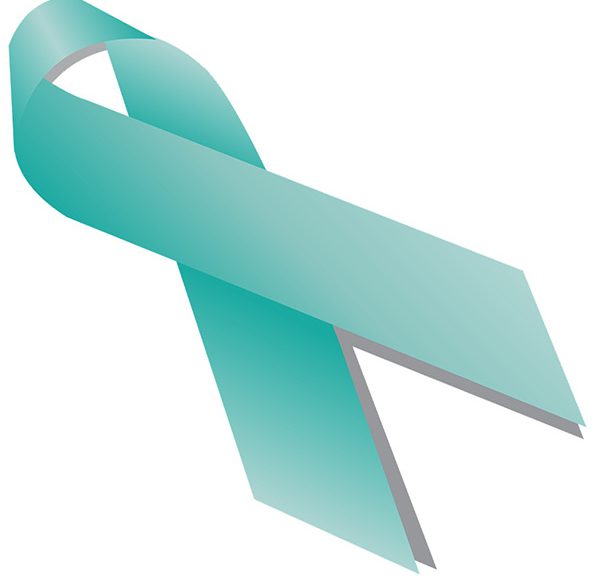By: Nicole Girgen and Madelyn Swenson
Editor’s note: The content of this article may be triggering if you have been or are sensitive to sexual assaults.
According to Winona State University’s Annual Safety Report, cases of sexual assault reported on campus are down from six in 2016 to three in 2017. Chris Cichosz, Winona State’s director of security, Lori Mikl WSU’s Title IX coordinator, students apart of the Gender Based Violence (GBV) organization and the annual campus climate survey say it doesn’t mean the assaults are down.
Mikl said just because reports are down on campus does not mean that sexual assaults are not happening as often. Cichosz and GBV students agreed.
“I don’t think the prevalence of sexual assault is down at all,” Mikl said. “I just think that students are right now a little more leery of coming forward.”
Mikl said the decrease in reports could be because of a few factors.
Mikl said one factor is how reporting assault is portrayed in the news media. She said there is backlash for victim/survivors who are coming forward.
GBV students, Molly Sarbacker, Jacob Hansen, Tom Cameron and Emma Severson said they agree with this statement.
Increasing reporting: a video message
Mikl and GBV students also said some circumstances may contribute. Including: fear of coming forward, outing the aggressor and the stigma behind sexual assaults.
Molly Sarbacker, junior student a part of GBV, has been through the process of reporting through the university.
When Sarbacker went to the Title IX office, she had GBV coordinator Heather Gerdes go with her, a service that the organization provides to anyone.
Sarbacker said the process was traumatizing.
“I think that it’s a traumatizing experience to go through reporting and to share your story over and over and over again,” Sarbacker said.
According to Mikl, all decision makers and those on the panels that hear the case are trained in how to do so.
The reporting process itself is different for everyone.
A victim/survivor can report to security, a resident assistant (RA), a trusted friend, the police or others.
According to both Cichosz and Mikl, the way most victim/survivors report is through an RA or security.
Cichosz said there is always room for improvement in the process and he is open to feedback from victim/survivors who have gone through security.
“There is always room for improvement,” Cichosz said. “I think letting victims know what their options are, I think we can always do better at getting that information out there.”
Jacob Hansen, a sophomore student a part of GBV, said there is a universal “red zone” where most assaults occur.
The red zone starts in September and goes through Thanksgiving. There is an increase in reports, for many reasons.
How to help intervene: a video message
Hansen said some of the reasons are the first football game, homecoming, welcome week and the warm weather leading to more parties.
The U.S. Department of Education may be making changes to the Title IX rules for campuses.
These would include more rights for those who are accused of committing a sexual assault.
Tom Cameron, a sophomore student a part of GBV, said he has high hopes for the future.
“We can’t really say any specifics so far just because this information is still in the works and we are still figuring out how we can go about this,” Cameron said. “But the future is looking good. We can say that for sure. We’re definitely brainstorming everything we can and all the options for right now.”
